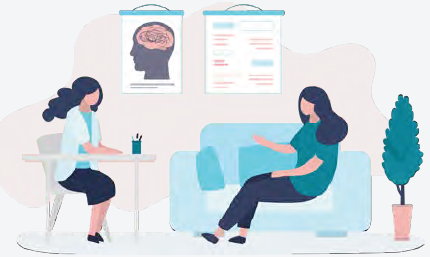
Before and after proceeding with genetic testing, patients undergo genetic counselling from either the clinician or genetic counsellor. Genetic counselling is a communication process that aims to help individuals and families understand and come to terms with a potential or actual diagnosis of a genetic health condition and the impact it can have on their lives. Levinia Lim, Genetic Counsellor, Neurology, NNI shares some issues that are often discussed during genetic counselling.
1. Medical implications
Your genetic counsellor will simplify complex information and analyse your family history for different kinds of diseases to assess the presence or chance of a genetic condition developing. He/she will also explain testing, management and treatment options so you are able to make informed decisions.
2. Insurance
Before undergoing any clinical or genetic tests, it is usually recommended to first ensure you are sufficiently insured. The Ministry of Health (MOH) is working closely with healthcare professionals to come up with guidelines aimed at protecting the rights of individuals with genetic conditions. On 27 October 2021, MOH implemented new rules that prohibit insurers from asking for the results of predictive genetic tests except in very limited circumstances. This protects individuals from being excluded from insurance coverage for conditions detected during genetic testing. For more information, speak to your doctor or genetic counsellor.
3. Family
Genetic testing has implications on the individual, family members and family planning. Your genetic counsellor can facilitate family discussions on the next steps to ensure family goals are met, and to protect the wishes of all parties. This includes recommendations on who else in the family should get tested, non-disclosure of results if requested, and family planning options - such as preimplantation genetic diagnosis (PGD) to prevent the faulty gene from being passed down to the next generation.
4. Mental well-being
For some, this process may bring about a surge of emotions, such as anxiety and even brief episodes of depression. If needed, you will be referred to a mental health specialist (e.g. psychiatrist or psychologist), who will then work together with you to seek closure, focusing on re-organising life and coping strategies.
This article was published in the National Neuroscience Institute's NeusLink magazine, which covers articles about NNI updates and brain, spine, muscle and nerve conditions in English and Chinese - to read more articles click here!
Check out another related article:
How knowing your genes can shape your life choices
Get the Health Buddy App
© 2025 SingHealth Group. All Rights Reserved.













 Get it on Google Play
Get it on Google Play